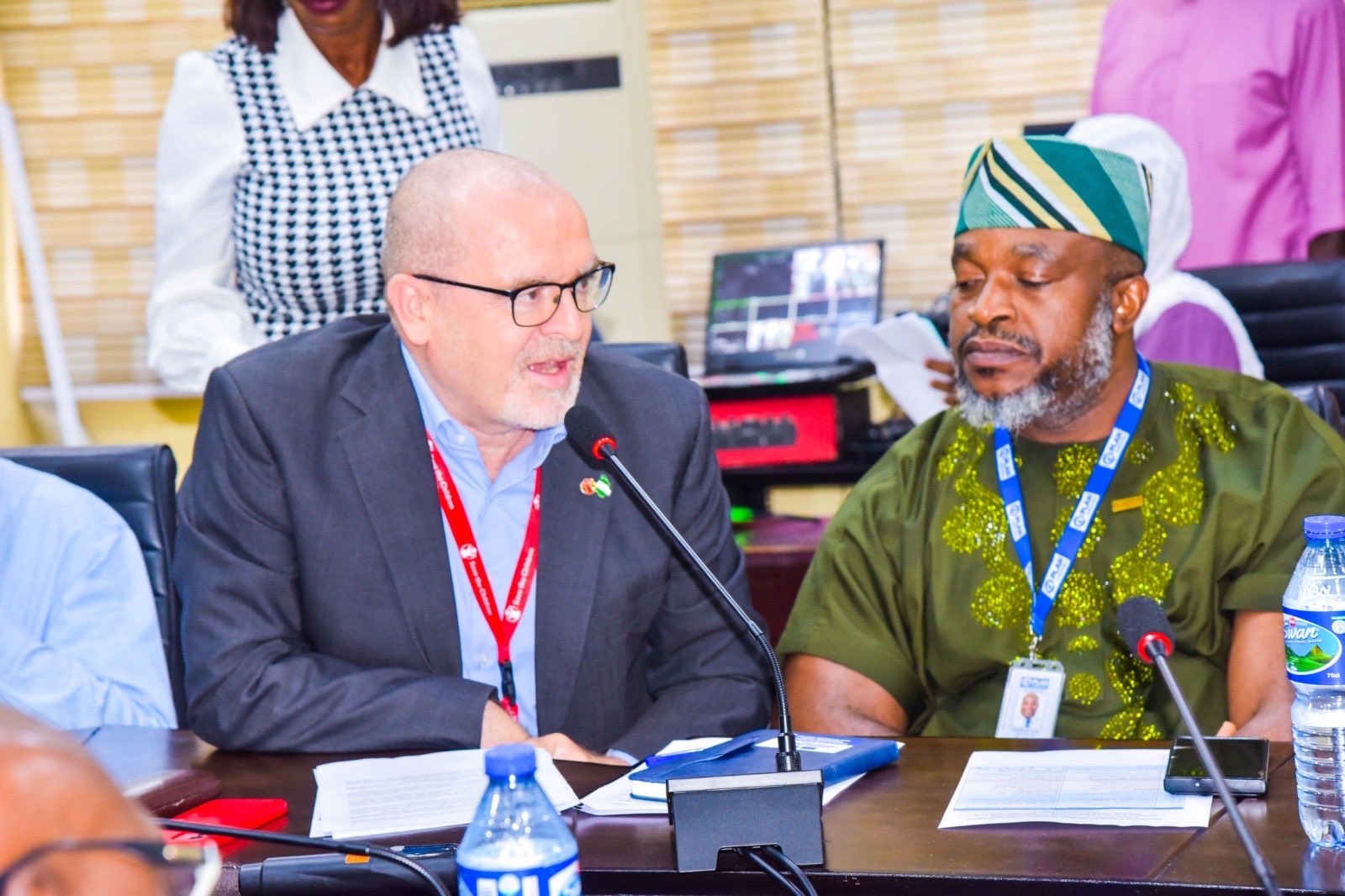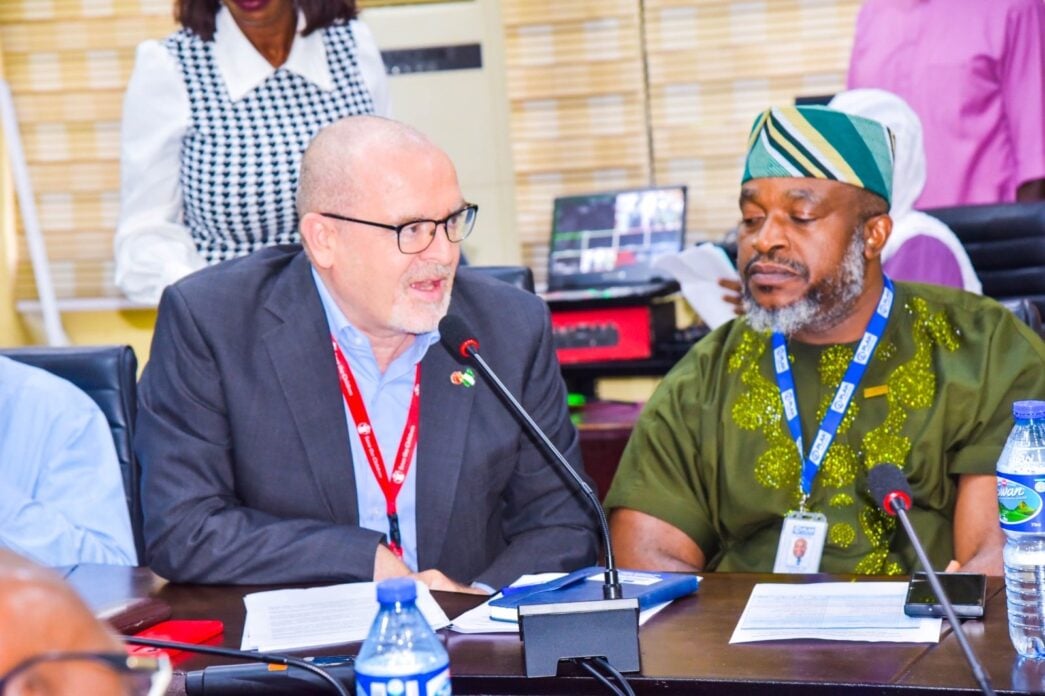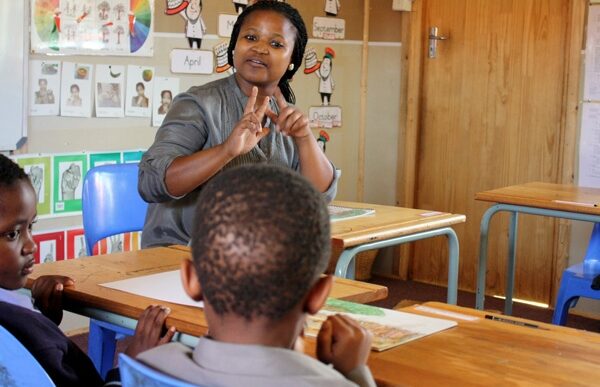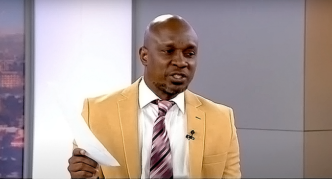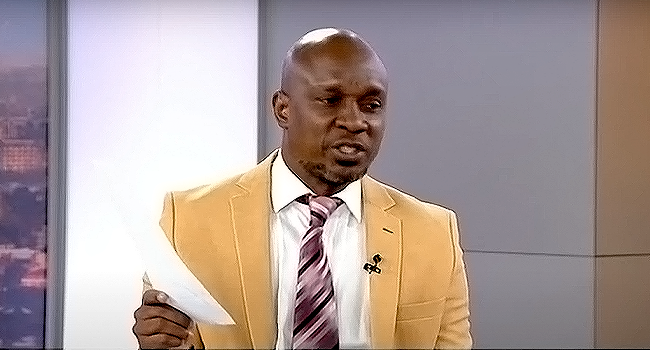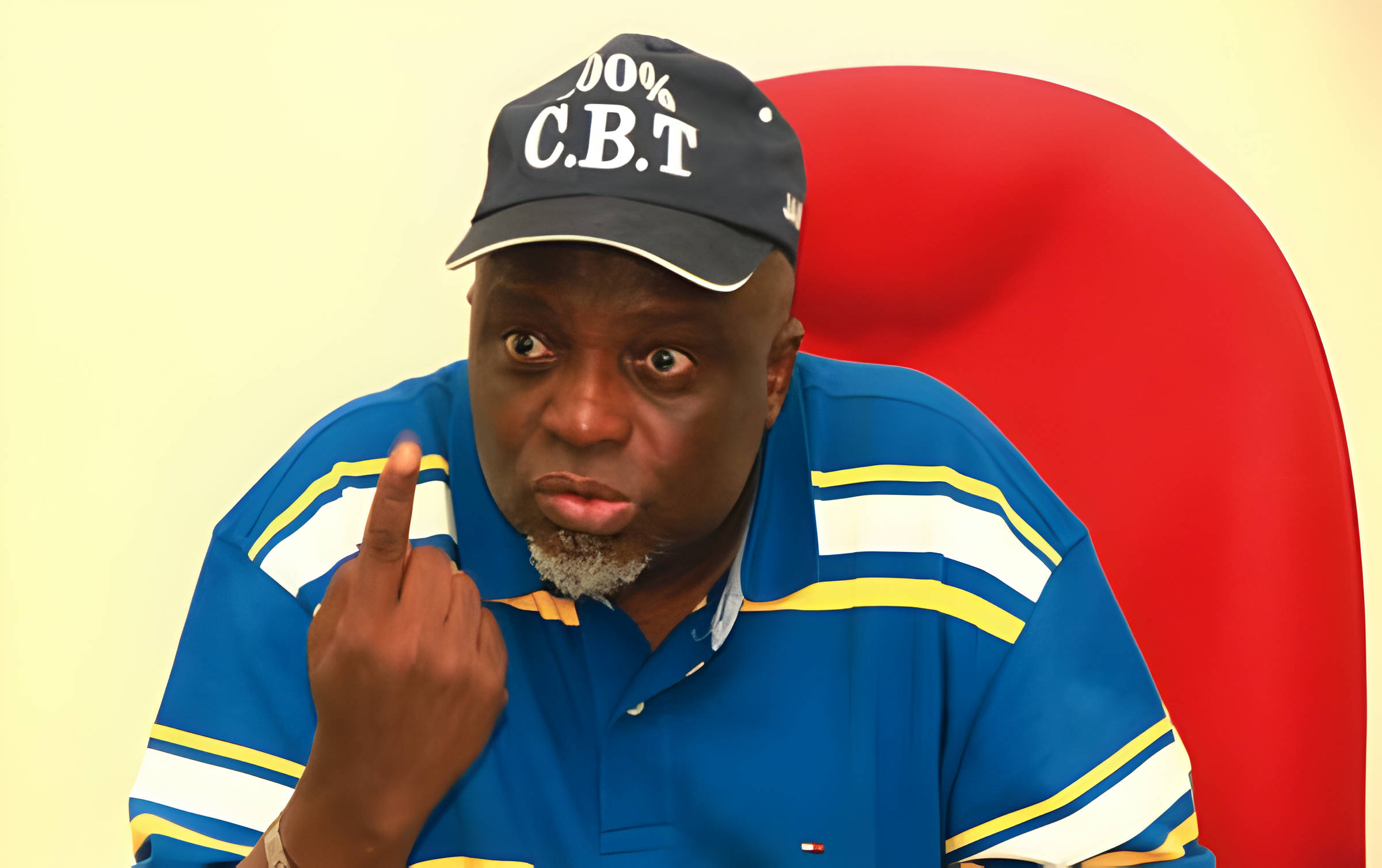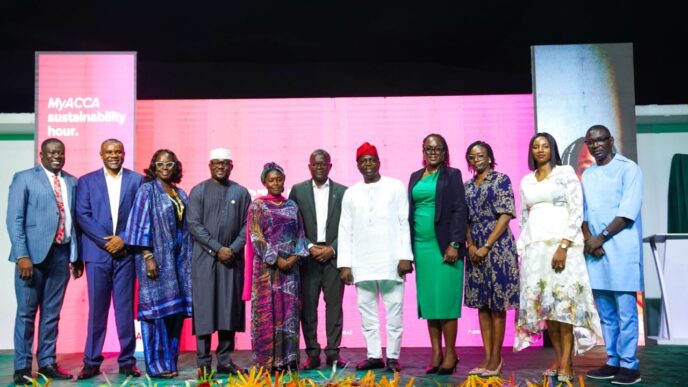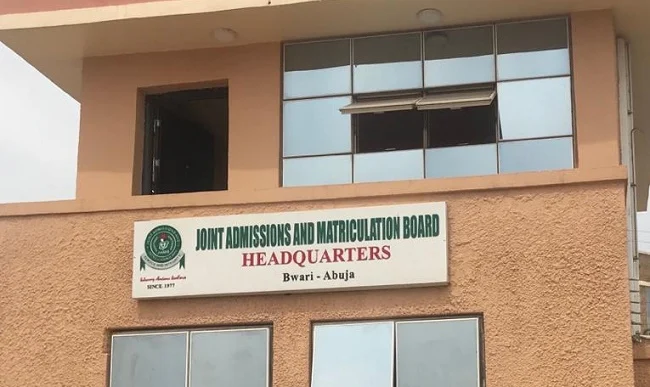The federal government and the European Union have launched a €40 million education initiative to boost foundational learning in north-west Nigeria.
Abel Olumuyiwa Enitan, the education ministry’s permanent secretary, said the programme is designed to ensure fair and equitable access to quality education for all Nigerian children.
In a statement on Wednesday, he said it will focus on improving foundational learning, strengthening teacher training, enhancing digital literacy, and advancing inclusive education.
He said the fund will also serve as seed capital to attract private investment through the EU’s Global Gateway Strategy.
Advertisement
Enitan stated that the Universal Basic Education Commission (UBEC), Teachers Registration Council of Nigeria (TRCN), UNESCO, UNICEF, Plan International, Save the Children, and the World Bank have declared their support for the initiative.
They pledged to continue working with the government to ensure safe learning spaces and empower the youth across the country.
Nigeria’s basic education is a free and compulsory nine-year programme that covers six years of primary school and three years of junior secondary school, as mandated by the Universal Basic Education (UBE) Act.
Advertisement
Despite this policy, Nigeria is estimated to have over 20 million in out-of-school children, with a significant concentration in the northern regions.
The sector is widely challenged by inadequate funding, dilapidated infrastructure, a shortage of qualified teachers, and regional disparities in access and learning outcomes.
